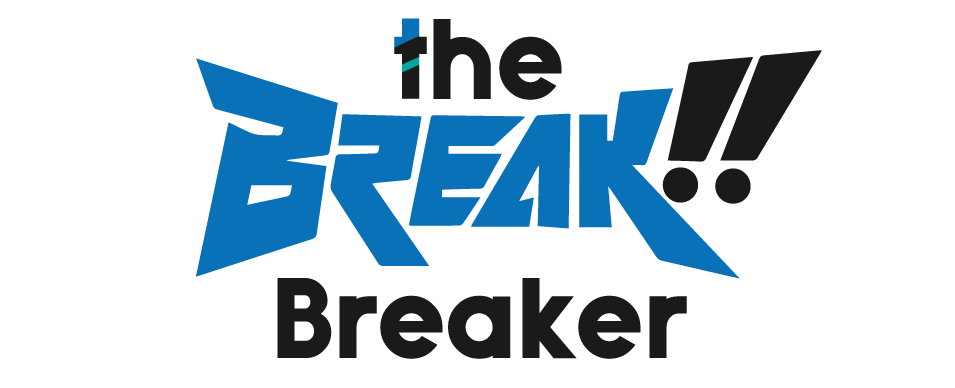
Types of Screws, Nuts, and Washers
When assembling hardware, it is essential to choose the correct screws, bolts, and washers for your needs. There are many different types of screws, nuts, and washers. The most common types are listed in this article. You can also learn about Hex nuts, Washers, and Hex bolts. By the end of this article, you will have an understanding of all of the types of hardware. However, if you are still confused, you can check the following tips and tricks to make the right selections.
Screws
Screws are used to fasten different parts together. There are several different types, each with their own unique characteristics. They are made of a variety of metals and alloys, including steel, titanium, brass, and stainless steel. Some screws are very strong and are typically made of stainless steel, while others are lightweight and can be used for small projects. Below are some helpful hints on how to store and organize your hardware. Read More
The differences between bolts and screws are the type of fastener you need. Bolts are more versatile and can be used for applications with very low clamping forces. Unlike screws, bolts have a washer to spread the load. These fasteners are used in heavy-duty applications, and they are also available in a wide range of sizes and shapes. Machine screws have a non-uniform cross-section and require a nut and threaded hole to function.
Bolts
There are many different types of bolts and nuts available for use in construction and maintenance. Each one has specific properties and applications. The term “hard joint” refers to a joint characterized by high stiffness under the action of a bolt. A hard joint has a bolt torque of 30 degrees or less and is often used to describe a bolt that has undergone extensive stress and vibration. Here are some tips to determine the correct type of bolt and nut for a specific application.
Screws and bolts are long, cylindrical metallic piece with a threaded end. The head is the part that allows the bolt to be turned into an object. In most cases, a bolt will be used in conjunction with a nut. Most bolts are threaded through the entire length, while some have threads only on the length opposite the head. However, there are several types of nuts, studs, anchor bolts, and toggle bolts that do not have a head.
Hex nuts
There are several grades of hex nuts and bolts available, and the choice of a particular type will depend on its application. Standard hex nuts come in plain finish, zinc plate, global ($) grade, or USA ($$) grade. Some hex nuts have lock washers attached to them. The strength grades of hex nuts and bolts are based on their surface markings. The strength grade of a nut or bolt is identified by its SAE or Society of Automotive Engineers designation.
The hex nut size refers to the nominal thread diameter. They range in diameter from 1/4″ to about 2 1/2″, with sizes in inches. The table below lists the different hex nut sizes. They are also distinguished by their thickness (typically 0.850 to 0.875 times their size), which is equivalent to the wrench size. Typically, hex nuts with a size of less than 5/8″ are double-chamfered, while larger sizes may have chamfered tops.
Washers
A washer is a multipurpose disc-shaped piece of hardware used to keep threaded fasteners from contacting the surfaces they are fastened to. Its primary purpose is to distribute the load of a fastener, and is useful for a variety of applications. It may also serve as a preload indicating device or wear pad. Rubber washers, for example, reduce vibration and noise. A washer is often used in conjunction with nuts and bolts.
A washer is often placed on a bolt or nut before driving it. This prevents the fastener from going too deep. A washer also prevents the moving part from wearing the head of the bolt or nut. It also helps the nut to remain tight when a tightening force is applied. But what exactly do washers do? Here are three common applications. It helps the assembly remain stable. When used properly, they provide a number of benefits.



